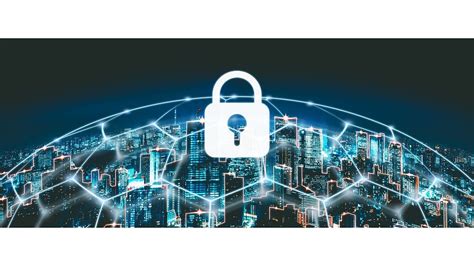Microsoft’s latest feature, Recall, which tracks and logs user activity, has stirred a hornet’s nest of controversy. The tech giant’s recently announced decision to switch off Recall by default, following a massive security backlash, has not allayed public concerns completely. The fundamental issue is whether the benefits of Recall can outweigh the potential risks, especially in an era where data breaches and privacy invasions are rampant.
The initial outrage centered around Recall’s implications for privacy and data security. Users were quick to point out that, while the feature could be groundbreaking for productivity, it effectively acts as a universal keylogger and screen recorder. This allows it to capture everything typed or displayed on the screen, from confidential emails to sensitive documents. Critics fear that such a powerful surveillance tool, even if secured under multiple authentication layers, could still be an attractive target for hackers. As one commenter mentioned, ‘A virus could simply enable it and silently exfiltrate data without most users ever noticing.’
The parallels drawn with previous technologies, such as Microsoft’s forced OneDrive backup or the notorious AirTags’ misuse for stalking, highlight a longstanding issue: trust. Users recall how features initially welcomed with skepticism ended up creating new vectors for abuse. For example, OneDrive’s default behavior of moving critical user folders to cloud storage without explicit consent created compliance nightmares for businesses dealing with sensitive data, like healthcare providers under HIPAA regulations. This breach of trust naturally extends to Recall. While Microsoft claims the data will remain local, historical precedents make users wary of these assurances.
The technical community has also highlighted significant usability concerns. Installing Windows without creating an online Microsoft account, which some experts achieve using tools like Rufus, is not straightforward for the average user. As one commentator put it, ‘using Rufus to create your installation USB is not something a normal user would do.’ Similar hurdles are anticipated with managing Recall. Non-tech users are unlikely to navigate the complexities of system settings to mitigate potential risks, making them vulnerable despite Microsoft’s opt-out default setting.
Beyond security, there are broader philosophical and ethical questions about such pervasive monitoring. Enabling a feature that logs every keystroke and visual interaction can feel more invasive than helpful. Even with the promise of local-only data storage, doubts remain about the eventual scope of Microsoft’s data utilization, especially with AI and machine learning on the rise. As one astute commentator pointed out, ‘Predicting user behavior and providing contextual assistance is revolutionary, but the control it gives Microsoft over personal data is unsettling.’ The potential for misuse, whether by malicious actors or corporate overreach, cannot be understated.
The debate also touches on the future of operating systems and the direction of technological innovation. Some argue for a shift towards more transparent, user-controlled environments, potentially heralded by open-source projects. There’s hope in the community for entirely local, encrypted versions of such features. For instance, integration with LLMs (Large Language Models) that learn and assist without sending data off-device could strike a balance. A practical implementation would need robust safeguards and absolute user control over the data captured and retained.
In conclusion, while Recall presents an exciting vision of seamless integration and enhanced productivity, the journey to its safe adoption is fraught with challenges. Microsoft’s action to disable it by default is a step in the right direction, but the larger conversation about user privacy, data security, and tech ethics is far from over. Future iterations of such technology must prioritize user autonomy and data protection to gain the trust essential for widespread acceptance.


Leave a Reply